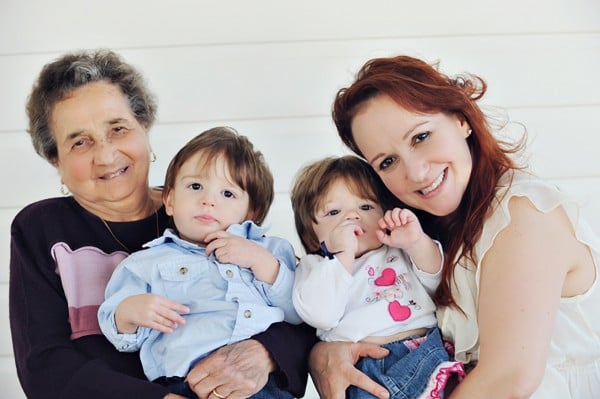
In 2010, my mother was diagnosed with dementia. The diagnoses came after several subtle signs that had sailed right past me at the time, busy in my own life as I was. Looking back of course there were red flags. Like my mother asking me why I wasn’t taking her to the doctor (for the third time that week, for a non existent ailment) and forgetting what day it was. Like the way she was becoming uncharacteristically aggressive in her communication. Like the time she insisted it was me who had forgotten the entire family was coming to visit her – which we weren’t.
When eventually it came, the diagnosis confirmed what I’d suspected for months.































































































